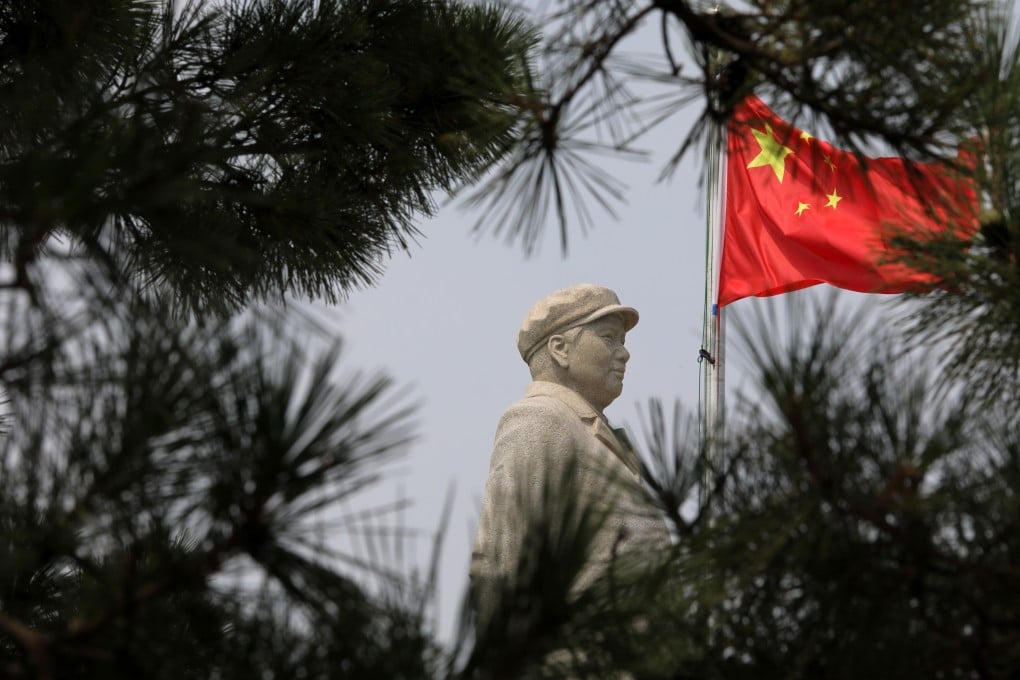Advertisement
Has China’s annual Beidaihe leaders’ retreat already happened in secret?
- Leaders vanished from view after July meeting at which October plenum was announced and President Xi Jinping set out 2035 development strategy
- Challenges for China may have made it preferable to Xi to minimise formal policy discussion at the retreat rather than face difficult questions, observers say
Reading Time:3 minutes
Why you can trust SCMP

Perhaps no holiday has attracted as much speculation as the yearly gathering of Chinese leaders in the seaside retreat of Beidaihe.
Ostensibly an annual break for them to switch off and relax on the long beaches of the fabled northern resort town, it has also become an occasion when the country’s most powerful could spend time glad-handing, logrolling and tittle-tattling each other, making it the most watched unofficial event in the nation’s political calendar.
As Beijing faces devastating punitive measures from Washington almost every week and struggles with complex economic situations at home, this year’s leadership holiday has attained extra significance in the eyes of many China watchers.
Advertisement
The surest signs so far are that the meeting may have just taken place.

After disappearing from view for almost two weeks, Premier Li Keqiang was on Monday reported by state broadcaster CCTV to have chaired a meeting of the State Council, China’s cabinet, in Beijing.
Advertisement
Advertisement
Select Voice
Select Speed
1.00x